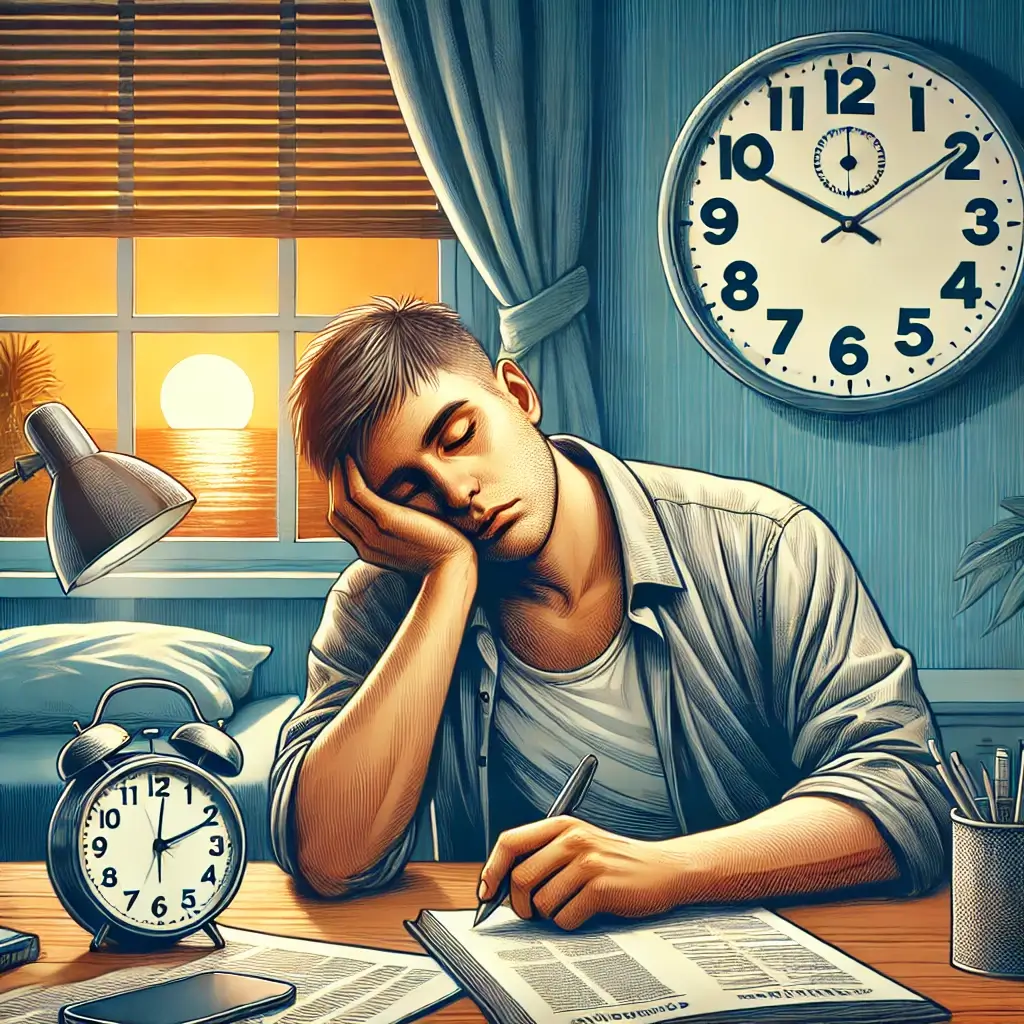Unraveling Hypersomnia: Beyond Ordinary Tiredness – What You Need to Know
Understanding Hypersomnia
Hypersomnia is more than just sleepiness. Hypersomnia is defined by extreme daytime sleepiness despite adequate nightly sleep. It significantly influences a person’s quality of life.
Common Symptoms of Hypersomnia
Common symptoms of hypersomnia:
- Extreme daytime sleepiness
- Sleeping uncontrollably during the day
Morning Struggles and Sleep Quality
Do you have trouble waking up in the morning? Perhaps you have pressed the snooze button several times, or you fight to open your eyes and get out of bed. Either way, it might be frustrating and leave you tired and unproductive throughout the day.
Several causes could be causing this difficulty waking up. It could result from a lack of quality sleep, stress or worry, or just not following a steady sleep routine.
Improving Your Sleep Habits
If you find yourself dragging in the mornings, it may be worth reviewing your nighttime routine and making changes to ensure you get the required sleep.
Making little changes, such as avoiding devices before bed, developing a relaxing bedtime ritual, and establishing a consistent wake-up time, can all help you feel refreshed and ready to face the day.
Remember that a good night’s sleep is critical for overall health and well-being, so make it a point to improve your sleep habits for a better morning routine.
Additional Symptoms of Hypersomnia
- Feeling unrefreshed after sleep
- Mood swings
The Impact of Hypersomnia on Concentration
Difficulty concentrating: Hypersomnia, a condition marked by excessive daytime sleepiness, can significantly impair an individual’s ability to concentrate and focus on tasks. It can be quite stressful for persons suffering from hypersomnia because they may struggle to stay awake and pay attention during crucial tasks such as work or school.
This ongoing struggle with tiredness can decrease productivity and make it difficult to recall knowledge or make judgments.
Furthermore, the lack of appropriate restorative sleep, common with hypersomnia, might exacerbate concentration problems.
When the body and mind are not properly rested, cognitive abilities might be affected, making it even more difficult to stay focused and perform tasks efficiently.
This might cause dissatisfaction and may influence relationships and personal duties.
Emotional and Cognitive Consequences of Hypersomnia
Hypersomnia can have both physical and cognitive consequences, as well as emotional ones. The constant fight to stay awake and concentrate can cause frustration, anxiety, and sadness.
These emotional obstacles can compound difficulties focusing, perhaps leading to a vicious cycle of poor sleep, reduced concentration, and bad feelings.
The Importance of Proper Diagnosis and Treatment
Hypersomnia can significantly impair a person’s ability to concentrate and focus, affecting many parts of their life.
Seeking appropriate medical care and properly managing symptoms is critical for improving concentration and overall well-being.
It is critical to distinguish hypersomnia from basic fatigue or a lack of sleep. You should consult a healthcare professional for a correct diagnosis and treatment if you have persistent excessive daytime sleepiness.
